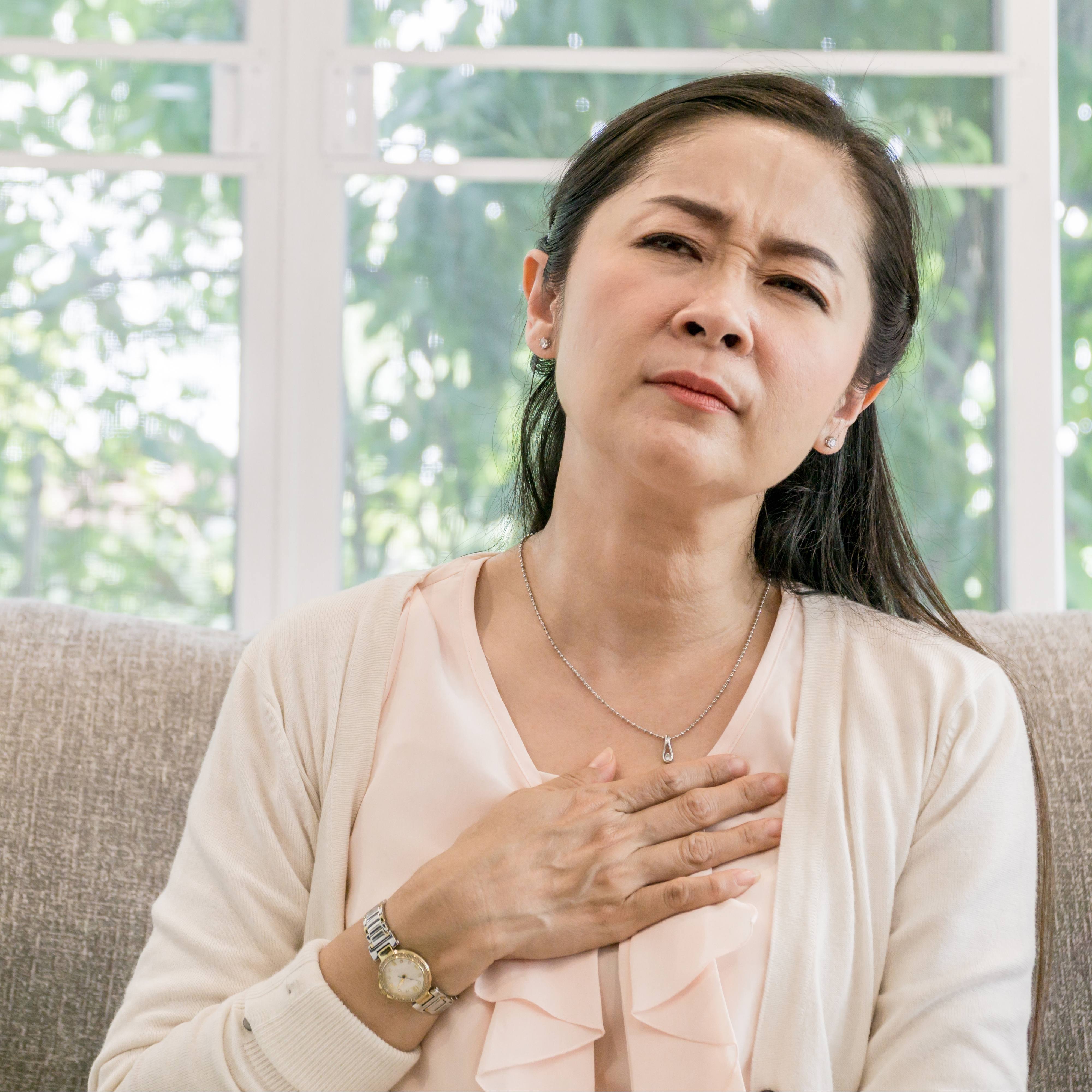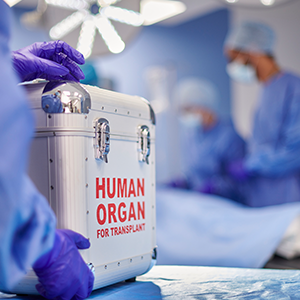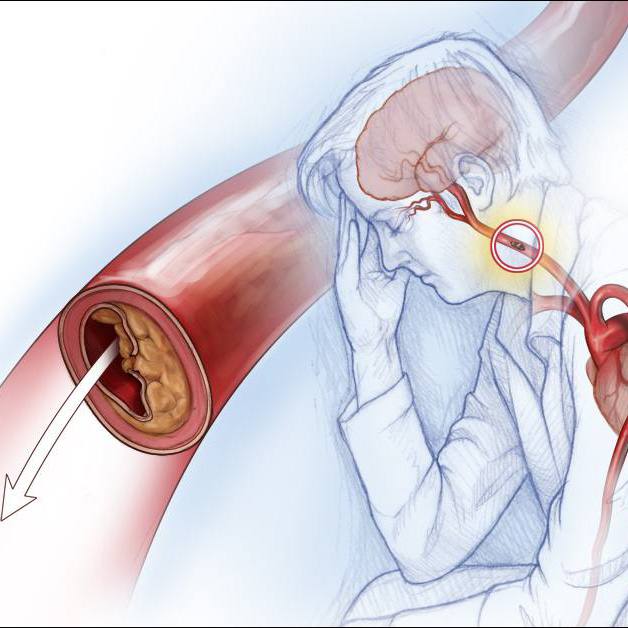-
Considering a ‘dry’ January? Hear from a Mayo Clinic expert

The new year brings new beginnings, and for many people, it brings the opportunity to make healthier lifestyle choices. Each January, some people choose to abstain from alcohol for the entire month. While the reason for staying dry during the first month of the year varies depending on the person, many people do it to see how sobriety might improve their health.
Before taking part in a dry January challenge, Dr. Stephen Kopecky, a preventive cardiologist at Mayo Clinic, says you should consider what may happen when the month is over. In other words, try to make changes that are sustainable long term.
Watch: Dr. Kopecky discusses dry January.
Journalists: Broadcast quality sound bites are in the downloads. Please "Courtesy: Stephen Kopecky, M.D., Cardiovascular Disease."
"I think when you deny yourself is when you end up binging," says Dr. Kopecky. "This idea of being dry for a whole month, boy, what happens on the first day of the next month? I really think it's better to just make small changes over time."
"There's nothing really to give up completely. But there are things to cut down on and things to increase. I think that's really what we need to do with a lot of these things that aren't good for us."
Those addicted to alcohol should be even more cautious, as the sudden absence of alcohol can lead to withdrawal symptoms, which can be deadly.
If your pattern of drinking results in repeated significant distress and problems functioning in your daily life, you likely have alcohol use disorder. It can range from mild to severe. However, even a mild disorder can escalate and lead to serious problems, so early treatment is important.
Related posts:
____________________________________________
For the safety of its patients, staff and visitors, Mayo Clinic has strict masking policies in place. Anyone shown without a mask was either recorded prior to COVID-19 or recorded in a nonpatient care area where social distancing and other safety protocols were followed.







